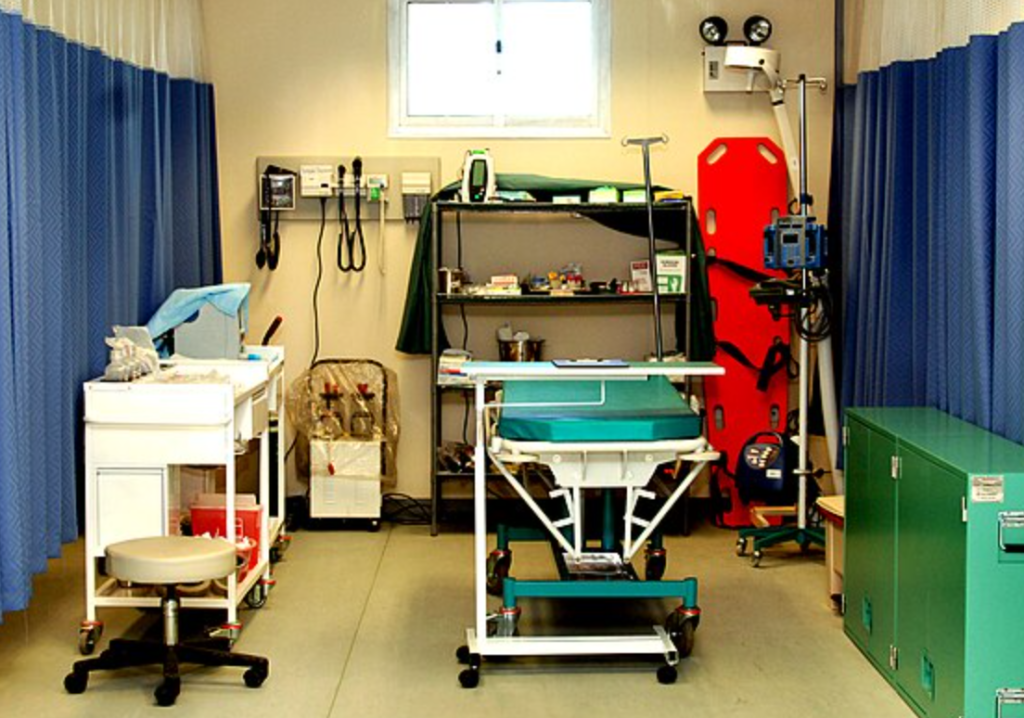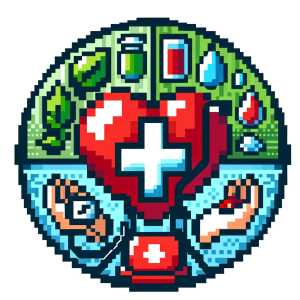
Protecting Our Healthcare Heroes: What Training Physicians Face and How We Can Help
Is the overwhelming stress and burnout in our medical frontline just an occupational hazard or a pressing public health crisis? A recent study gives us insights.
The Burning Issue
The COVID-19 pandemic has shed light on the immense pressures faced by our healthcare professionals, particularly those still in training. The white coats and stethoscopes might appear as symbols of resilience, but many physicians grapple with intense emotional and psychological challenges beneath them.
Delving Into the Data
Recent research probed into the minds of these training physicians, using advanced methods like Mixed Graphical Models (MGM) and Directed Acyclic Graphs (DAG) – essentially, tools that can map out the complex web of stressors they face and how they interact.
What the Study Found
- Thoughts of Death and Self-Harm: Shockingly, issues like psychomotor agitation/retardation (a symptom of major depression involving either physical restlessness or slowed physical movements and speech) are strongly tied to thoughts of death and self-harm among physicians in training. In simpler terms, the physical manifestations of their depression might be strong indicators of deeper emotional turmoil.
- The Web of Stress: This physical restlessness or slowdown is further linked to other challenges like difficulty in concentration, feelings of self-blame, changes in appetite, and even instances of physical violence between colleagues.
- Burnout and the Urge to Quit: The pandemic has been a double-edged sword. Along with the threat of the virus, many physicians faced emotional exhaustion, sadness, an inability to feel pleasure (anhedonia), and fatigue. All these factors push many to think about quitting. The workplace isn’t always supportive either, with verbal abuse becoming a significant stressor.
The Bigger Picture
The pressures training physicians face are not isolated issues. They intertwine, creating a complex net of challenges that can impact their mental health, job satisfaction, and ultimately, the quality of care they provide. The findings of this study aren’t just numbers on a page; they’re a call to action.
What Can Be Done?
- Clinical Interventions: Immediate psychological support and treatment options are essential. Addressing symptoms of depression can help mitigate severe outcomes like self-harm.
- Organizational Reforms: Hospitals and healthcare institutions need to step up. From ensuring adequate staffing to curbing workplace aggression, a systemic overhaul is required to create a supportive environment.
- Awareness and Training: Proactive steps, such as simulation-based behavioral training, can help curb workplace violence. On top of this, support systems to deal with verbal abuse can create safer spaces for physicians.
Final Thoughts
It’s high time we recognize and address the emotional and mental toll on our healthcare professionals, especially those still in training. By understanding their challenges and implementing multi-faceted solutions, we can ensure a healthier future for them and better care for all of us.



